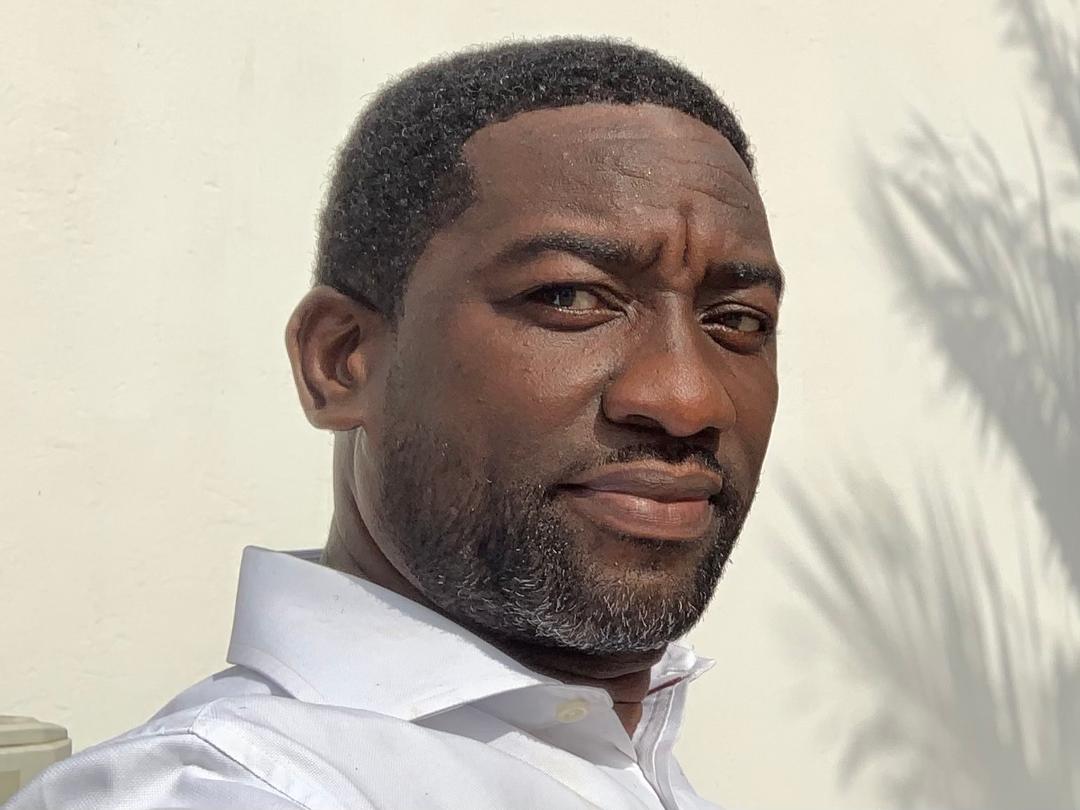Copyright stabroeknews

Dear Editor, In a previous communication, I outlined the broad-based cost-of-living support model employed by Thailand. Today, I wish to present a second, and perhaps more transformative, pathway for our government: the deeply institutionalized and strategic social welfare system. While the Thai model serves well for immediate crisis relief, the Brazilian approach offers a proven framework for achieving sustained poverty reduction and human capital development. Brazil’s flagship initiative, Bolsa Família, is not a mere temporary subsidy but a sophisticated instrument of social policy. As a conditional cash transfer programme, it provides monthly financial assistance to low-income families through a dedicated “Citizen Card,” functioning as a debit card. Its profound innovation, however, lies in its conditionalities. To continue receiving benefits, families must ensure their children maintain a high rate of school attendance and that all members, particularly children and pregnant women, adhere to scheduled vaccinations and health check-ups. This structure is designed with a dual purpose: to alleviate immediate financial hardship while simultaneously breaking the intergenerational cycle of poverty by investing in the education and health of the next generation. The programme’s efficacy is rooted in its robust administrative architecture. Eligibility is determined through the Cadastro Único (CadÚnico), a unified national registry that meticulously identifies families living below the poverty line. This ensures resources are targeted to those most in need. Furthermore, the system is designed for efficiency and transparency, with recent enhancements incorporating biometric identification to significantly reduce fraud. The programme’s success has garnered international recognition, with institutions like the World Bank continuing to provide financial support for its enhancement, a testament to its credibility and impact. Crucially, Bolsa Família operates within an ecosystem of complementary social programmes. The Continuous Cash Benefit provides a minimum wage to elderly and disabled citizens from qualifying low-income households, and importantly, legal rulings have ensured that receiving one benefit does not disqualify a family from another. Additionally, programmes like the Social Electricity Tariff, which offers free electricity up to a certain monthly threshold for registered families, directly reduce the cost of essential utilities. This integrated approach creates a multifaceted safety net that addresses various dimensions of poverty. For Guyana, the lesson is clear. As our nation navigates its economic transformation, we have an opportunity to build a social protection system that is not merely reactive but transformative. Adapting the Brazilian model would involve establishing our own unified registry to accurately identify and register vulnerable families. We could then develop a conditional cash transfer programme tailored to our national context, focusing on school attendance and health outcomes, while creating parallel support mechanisms for our elderly and disabled citizens and for high utility costs. The focus must be on building a system that is both dignified for the recipient and accountable to the taxpayer. My previous suggestion of the Thai model presented one option for immediate relief. The Brazilian model, however, offers a vision for lasting, structural change. It is a blueprint for building a Guyana where economic progress is inclusive and where every citizen has the foundational support to contribute to, and benefit from, our nation’s prosperity. Dr. Walter H Persaud



